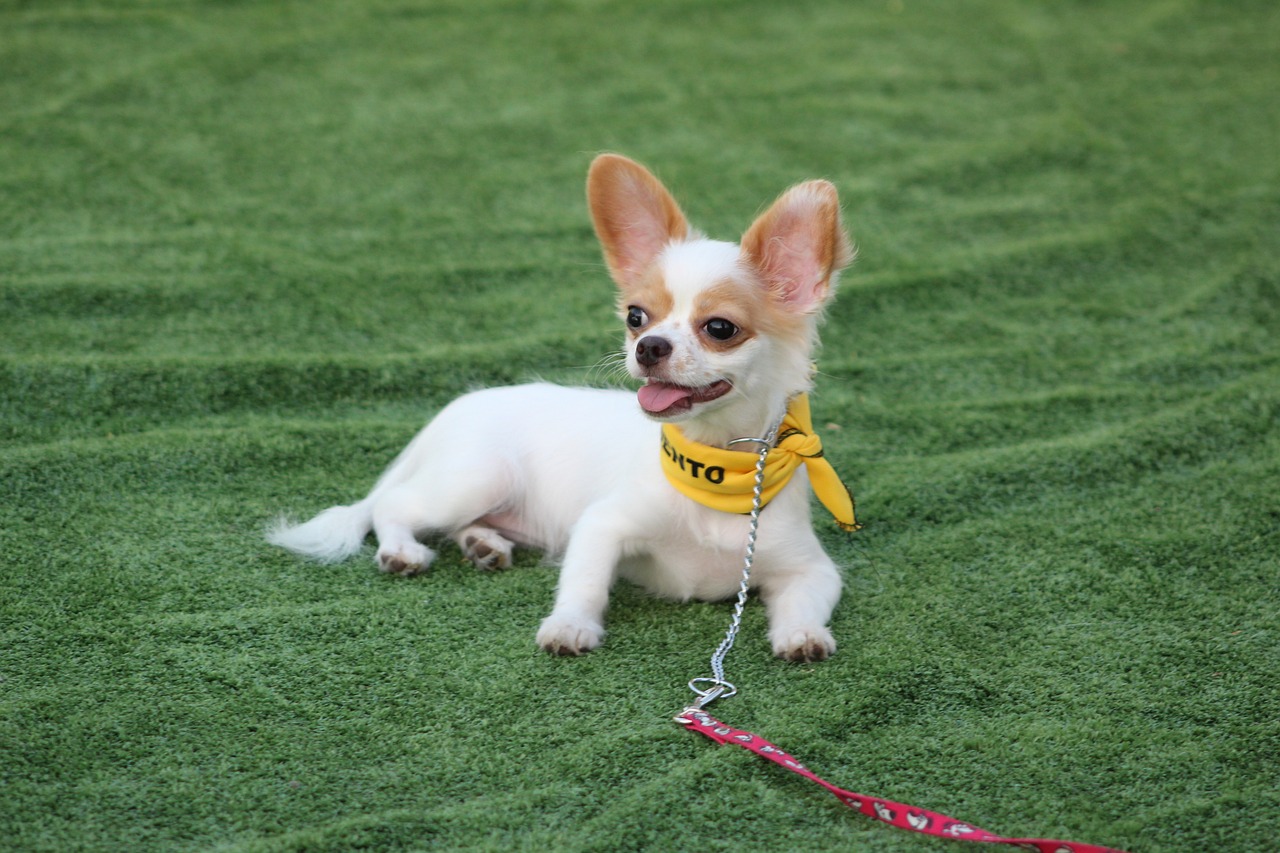Do you have a new dog in your family that hasn’t yet learned how to act in the home? As dog owners, we expect our pups to be housetrained – but it isn’t their fault if they make mistakes if no one has trained them. Housetraining doesn’t have to be difficult, but it does require dedication and patience to see the best results. Whether your new puppy is experiencing the world for the first time or an older dog has found refuge in your home, it falls to you as their owner to housetrain them and help them adjust to their new life alongside humans.
Why Housetraining is Important
Housetraining is mandatory for nearly all dogs today, both young pups and older dogs who never learned from their previous owners. Dogs need to learn two key things: controlling their urges and understanding where it’s appropriate to do so. Ideally, training should start at around eight weeks old when puppies begin controlling their bladder and bowel movements. Early housetraining prevents accidents and keeps the home clean by setting a standard of expected behavior from the outset.
Older dogs can also be housetrained, even if they haven’t been properly taught before. Just like how learning a language is easier for children, puppies take to housetraining faster than older dogs. But no matter your dog’s past, you can go through the same steps and hopefully achieve the same results.
Reasons Your Dog Is Having Trouble
Out in nature, canines don’t live inside pristine homes. Housetraining is something every dog can learn, often with ease, but that doesn’t mean it is natural or instinctual. If your dog has issues, it may be caused by one or a combination of these factors.
Inconsistent feeding and bathroom schedules can confuse dogs and hinder their housetraining progress. Dogs thrive on routine, and irregularities can make it difficult to understand when and where to go to the bathroom. Maintaining a consistent schedule helps establish clear expectations and reinforces good behavior. With a routine, you can also keep a closer eye on your dog at critical moments of the learning process.
By providing proper supervision during the initial stages of housetraining, you can more easily catch signs that your dog needs to go outside and guide them to the appropriate spot. One of these common issues is health problems like urinary tract infections that can directly impact your dog’s capabilities. These conditions may cause frequent or uncontrollable bladder releases, making it challenging for your dog to follow training guidelines, even if they understand your request. Veterinarians can help identify and treat any underlying medical issues affecting your dog’s ability to be housetrained.
Once everything is handled and your dog is healthy, you may still face issues using outdated or harsh training methods that confuse or scare your dog. Gentle, consistent guidance is the name of the game, as it builds trust and encourages your dog to adopt desired behaviors more effectively.
5 Simple Tips for Housetraining a New Dog
- Establish a Routine: As mentioned, consistent feeding and bathroom schedules for your dog help tremendously. Regularity helps them understand when it’s time to go outside and when to wait.
- Positive Reinforcement and Rewards: Reward your dog with praise and their favorite treat, using various treats over time to find which they respond best to.
- Designated Bathroom Area: Choose a specific spot outside for your dog to use as their bathroom, preferably away from where your family hangs out.
- Crate Training: Utilize a crate to manage your dog’s behavior and prevent accidents when you can’t supervise them. Dogs naturally avoid soiling their sleeping area, making crates an effective tool for housetraining.
- Patience and Persistence: Be patient and persistent. If your dog is too young or grew up without training, it may take longer than expected for training to stick.
Some dogs have a harder time with training, and some owners may similarly have issues setting boundaries for their pets that are needed for success. If your dog is still struggling with housetraining, contact Gulf Coast Dog Training today to learn how our dog training programs can help bring harmony to your home.





